“The challenges we face on the planet are so acute that we don’t have the luxury of waiting for someone else to step up and take action. We are all part of the solution.”
This is UNEP Executive Director Inger Andersen’s message ahead of the International Day for Biological Diversity on May 22.
More than ever before, we are aware of the effects of our unsustainable consumption and production on the natural world that sustains us and all life on this planet. We are using up the equivalent of 1.6 earths to maintain our current way of life and this cannot go on.
UNEP supports local, national and global action to end biodiversity loss; it supports countries to monitor and manage their biodiversity, amplifies scientific warnings of the effect humans are having on ecosystems and biodiversity, works with business and investment to drive nature-positive investments and encourages decision-makers to view nature as an asset.
This is a critical year for biodiversity. The UN Biodiversity Conference, rescheduled to take place in October in China, offers an opportunity to ensure we take better care of the natural systems that sustain all life on this planet.
The Conference, known as COP15, will be the biggest biodiversity summit in a decade and aims to agree on a new set of goals for nature over the next decade through the Convention on Biological Diversity post-2020 framework process.
World Environment Day on June 5 marks the official launch of the UN Decade on Ecosystem Restoration, a 10-year drive to galvanize all sectors of global society to become part of #GenerationRestoration and halt and reverse the degradation of our life-support systems.
Ahead of the launch of the UN Decade, keep up-to-date on everything related to biodiversity with UNEP’s Spotlight on nature and biodiversity.
Join #GenerationRestoration here.






